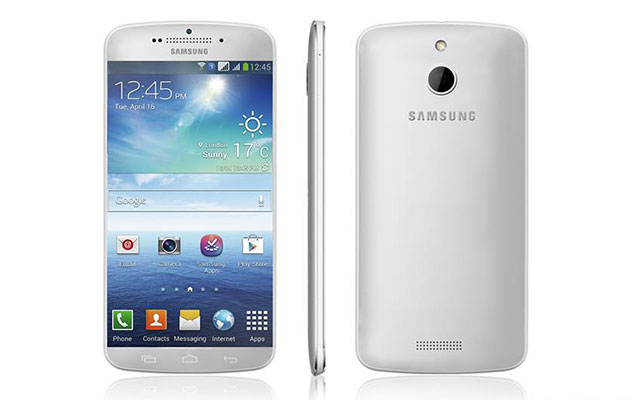 What a difference a year makes. In late 2013, Korea’s Samsung was still riding high on the success of its Galaxy S4 and Note 3 smartphones, while some analysts were questioning whether rival Apple had simply stopped innovating after the October 2011 death of its CEO, Steve Jobs.
What a difference a year makes. In late 2013, Korea’s Samsung was still riding high on the success of its Galaxy S4 and Note 3 smartphones, while some analysts were questioning whether rival Apple had simply stopped innovating after the October 2011 death of its CEO, Steve Jobs.
Fast forward 12 months and picture has changed dramatically. This week, The Wall Street Journal reported that sales of Samsung’s new flagship device, the Galaxy S5, have fallen far short of expectations. Indeed, the newspaper said that the S5 has sold just 12m units in its first three months on sale, or about 40% fewer than it had projected it would. In the same period a year ago, Samsung sold 16m units of the Galaxy S4.
Sales were said to be down by more than 50% in China as rivals such as Huawei, Xiaomi and Lenovo — which recently acquired Motorola’s handset business from Google — eroded its previously strong market position. Indeed, the only market where it increased sales was the US.
The poor performance has sparked speculation that Samsung is considering shaking up its leadership team, with co-CEO JK Shin possibly stepping aside. The company is also reportedly planning to streamline its portfolio, which contains a bewildering array of smartphones.
News of Samsung’s growing problems comes in the same week that the share price of Apple, its nemesis across the Pacific, was soaring to record highs. The company’s market capitalisation — its valuation, calculated by multiplying its share price by the number of shares in issue — smashed through US$700bn for the first time. No American firm has ever been so highly valued, yet some analysts are now saying its market cap is likely to breach a trillion dollars next year, in the process becoming the first company in history to do so. It’s also putting distance on its two biggest rivals in the technology world, Microsoft and Google, which are worth less than $400bn each.
The renewed enthusiasm for Apple stock is based on strong expected sales of its two new iPhone models, the 6 and the larger-screen 6 Plus, in the lead-up to Christmas. The impending launch of the company’s smartwatch, simply called Apple Watch, is no doubt also helping sentiment.
Most concerns expressed a year ago about Apple’s direction under CEO Tim Cook have evaporated. Indeed, on Cook’s watch, Apple’s share price and market value have doubled.
As the fortunes of the world’s two biggest smartphone makers shift, it’s easy to overlook the other big changes happening in the industry. And they’re arguably no less important.
The first is the rise of the Chinese vendors, led by companies such as Huawei, Lenovo, Xiaomi and ZTE. These technology companies are producing high-end but low-cost Android smartphones and have rapidly gained a loyal following in their home market. They’re increasingly looking to challenge Samsung around the world, especially in price-sensitive emerging markets where consumers are moving to smartphones for the first time. These companies will become household names in South Africa the years ahead, if they aren’t already.

Xiaomi, in particular, is worth watching: it recently leapfrogged Lenovo and LG to become the third biggest smartphone maker worldwide behind Samsung and Apple. And Lenovo, which acquired Motorola Mobility for $2,9bn, already has a very strong brand in personal computers and is likely to leverage that as it looks to expand its smartphone business.
Then, of course, there’s Microsoft, which could prove to be a real wildcard in the smartphone space. The company recently concluded its $7,2bn acquisition of Nokia’s devices and services business and it’s made good progress — though arguably not quickly enough — with its distinctive Windows Phone platform.
Microsoft’s challenge remains convincing more consumers to use Windows on their phones and growing the number of third parties developing applications for the platform.
Though Google’s Android looks set to become the de facto operating system for the mobile world — the Windows of this new era — Microsoft still has a chance to grab a significant slice of the market, especially in emerging markets where many consumers are still on older feature phones.
- Duncan McLeod is editor of TechCentral. Find him on Twitter
- This column was first published in the Sunday Times

